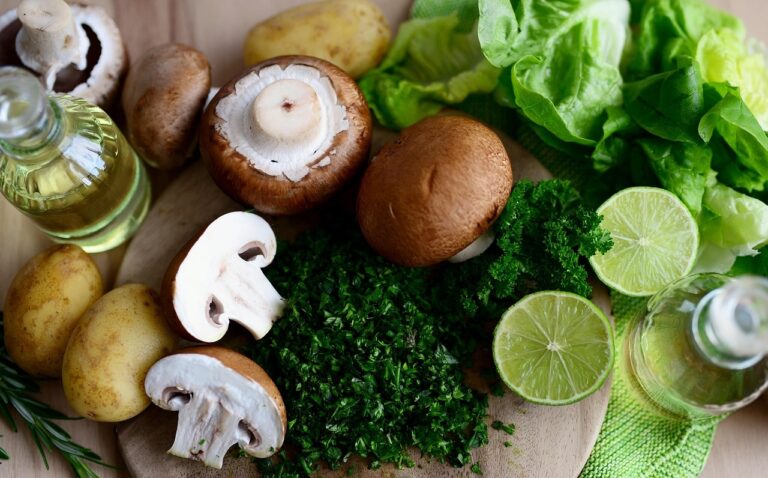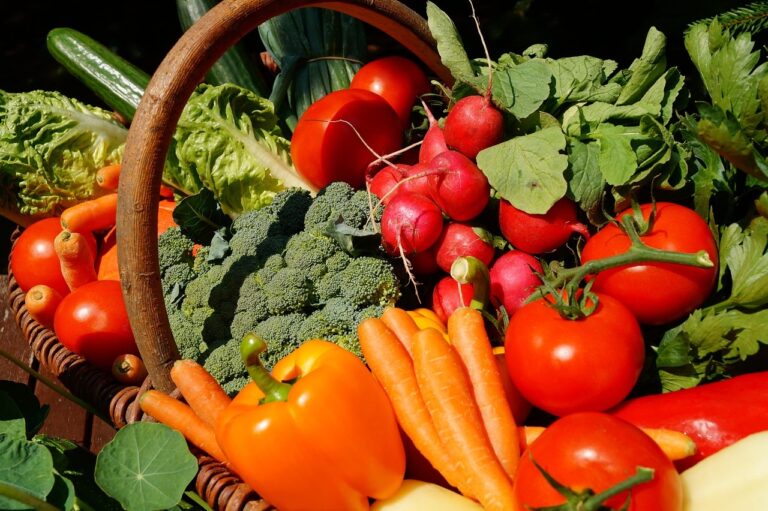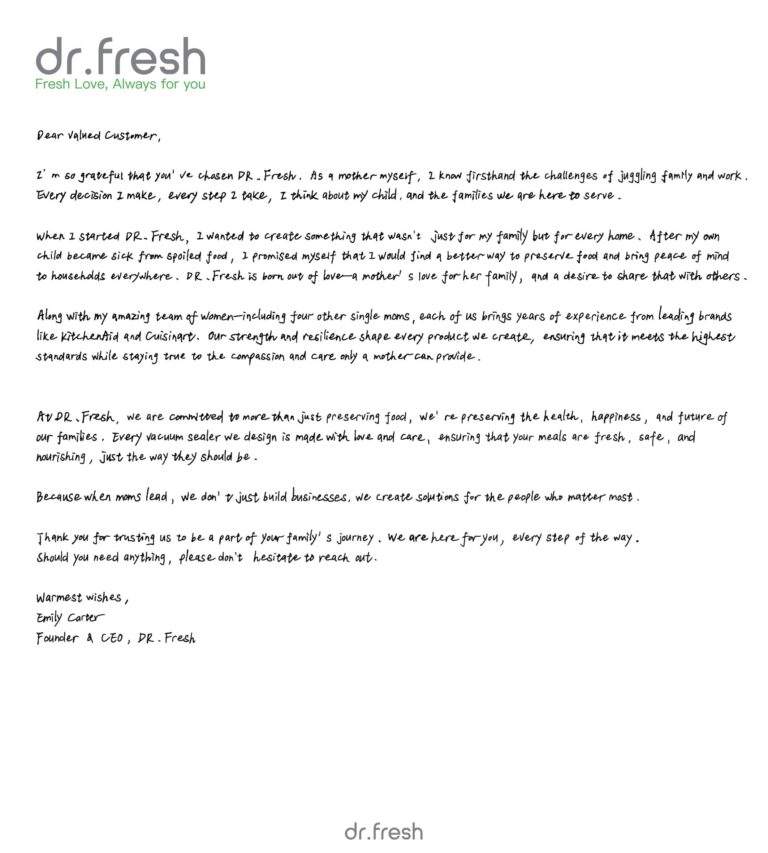Introduction: Why Food Freshness Matters More Than Ever
In today’s fast-paced lifestyle, many Americans unknowingly consume food that has lost its freshness, impacting both nutritional value and health. Understanding how food freshness affects well-being—and how to preserve it effectively—is essential for a longer, healthier life.
Nutrient Degradation: What Happens When Food Isn’t Fresh
Vitamins and Minerals Diminish Rapidly
Studies show that after harvest, fruits and vegetables lose a significant amount of vitamins like C and B within just a few days. A 2017 study published in Food Chemistry found that spinach lost 90% of its vitamin C content within 24 hours of room-temperature storage (Favell, D. J., 1998).
Protein and Fat Oxidation in Meats
Fresh meat retains its amino acid and essential fat profile, but exposure to air and light leads to oxidation, reducing quality and increasing harmful compounds. (Journal of Food Science, 2013).
The Health Risks of Consuming Stale or Spoiled Food
Microbial Growth and Foodborne Illness
The CDC reports that 1 in 6 Americans gets sick from contaminated food each year. Bacteria like Listeria and Salmonella thrive in poorly stored, aging food.
Inflammatory and Chronic Effects
Oxidized fats and nutrient-deficient food contribute to systemic inflammation, a root cause of heart disease, diabetes, and autoimmune conditions. (American Journal of Clinical Nutrition, 2016).
Scientific Backing: What the Research Says
- The USDA recommends refrigeration and vacuum sealing to maintain food quality.
- A 2021 review in Critical Reviews in Food Science and Nutrition emphasized that food preservation methods like vacuum sealing retain 3x more nutrients than traditional methods.
How Vacuum Sealing Extends Freshness
Oxygen Removal Preserves Nutrients
Vacuum sealing eliminates oxygen, slowing oxidation and bacterial growth. This method is proven to extend the shelf life of meats, vegetables, and grains.
Evidence-Based Preservation
According to a study published in the International Journal of Food Science & Technology (2020), vacuum-sealed strawberries retained 52% more antioxidants after 10 days than those stored in regular containers.
DR.Fresh Vacuum Sealer: A Smart Solution for American Households
Why Choose DR.Fresh?
DR.Fresh vacuum sealers offer professional-grade air extraction and a durable seal technology that ensures airtight storage. Their user-friendly interface makes them ideal for both everyday users and meal preppers.
Cost Savings and Less Waste
Vacuum sealing with DR.Fresh reduces food waste, which saves the average family up to $2,000 per year, according to the USDA.
How to Integrate Vacuum Sealing Into Your Routine
Tips for Effective Use
- Seal meats immediately after purchase.
- Pre-cut and seal fruits and vegetables in portion sizes.
- Use DR.Fresh’s included bag cutter and roll storage for efficiency.
Long-Term Health and Lifestyle Benefits
A diet rich in fresh, nutrient-preserved food improves digestion, energy, immune strength, and overall vitality.
Conclusion: Freshness Isn’t a Luxury—It’s a Necessity
Preserving food freshness is not just about taste—it’s about health, longevity, and sustainability. With tools like DR.Fresh vacuum sealers, every American household can enjoy nutrient-rich meals and reduce waste effortlessly.
References
- Favell, D. J. (1998). “A comparison of the vitamin C content of fresh and frozen vegetables.” Food Chemistry, 62(1), 59–64.
- USDA Food Safety and Inspection Service. https://www.fsis.usda.gov
- U.S. Centers for Disease Control and Prevention. https://www.cdc.gov/foodsafety
- American Journal of Clinical Nutrition (2016). https://academic.oup.com/ajcn/article/104/1/1/4569584
- Critical Reviews in Food Science and Nutrition (2021). https://www.tandfonline.com/loi/bfsn20
- International Journal of Food Science & Technology (2020). https://onlinelibrary.wiley.com/journal/13652621
FAQs
1. How long does vacuum sealing extend the shelf life of food? Vacuum sealing can extend shelf life by 3 to 5 times compared to traditional storage.
2. Is vacuum sealing safe for all food types? Yes, but low-moisture, low-acid foods should still be frozen if kept long-term.
3. Does vacuum sealing impact food texture? Not significantly, though delicate foods should be sealed with care.
4. What makes DR.Fresh different from other vacuum sealers? DR.Fresh offers double-sealing and intuitive controls, ensuring optimal freshness retention.
5. Can I vacuum seal leftovers or cooked food? Absolutely. Just allow hot foods to cool before sealing to avoid steam build-up.



I’m still learning from you, as I’m improving myself. I certainly love reading everything that is posted on your blog.Keep the posts coming. I liked it!